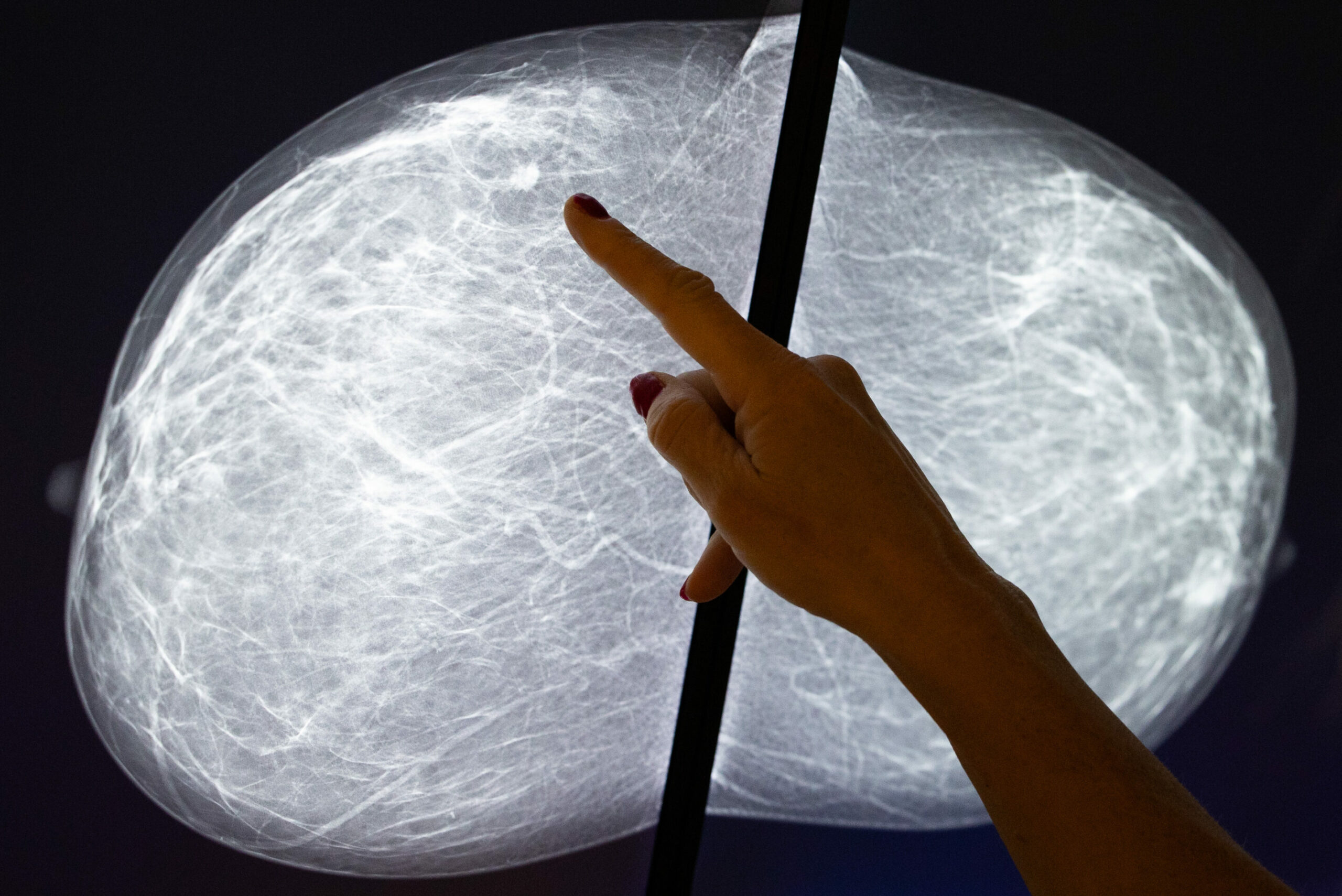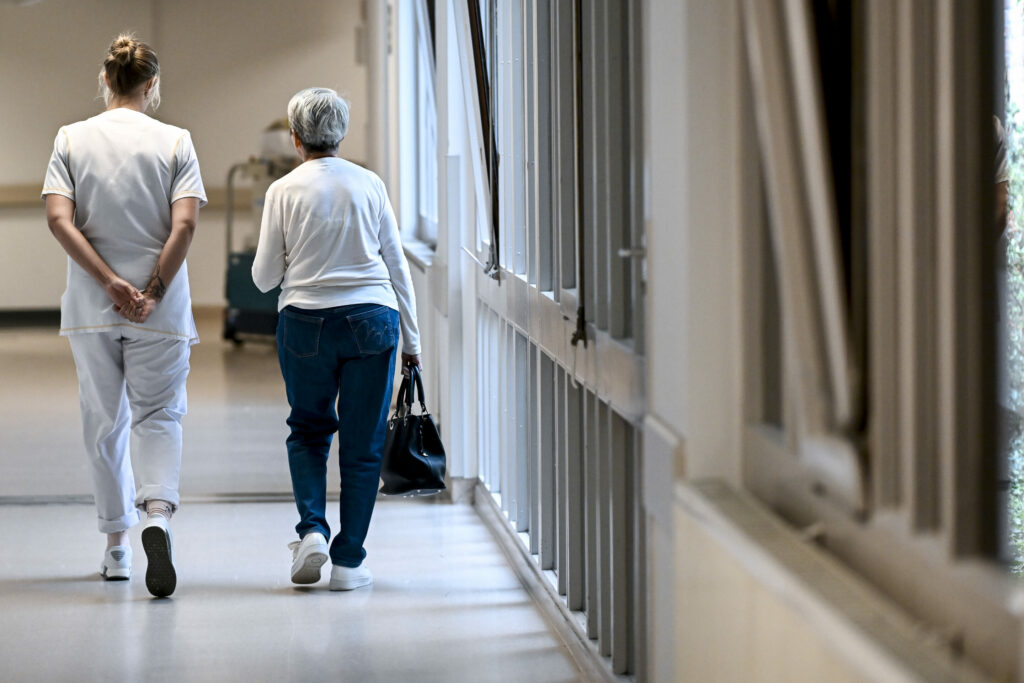Not a single woman has been invited to screen for breast cancer this year due to a misunderstanding caused by the Brussels Government deadlock.
On Wednesday, it emerged that not a single woman had been invited to undergo a breast cancer screening since the beginning of the year. The non-profit organisation BruPrev is the only provider of this service in the Brussels-Capital Region and normally sends invitations to women aged between 50 and 69 once every two years.
Due to the incorrect assumption that its funding had been cut in half, BruPrev has not sent out the invitations since the beginning of the year.
"All we can do is pay our staff. We have no money for certain expenses, such as sending out systematic invitations for our cancer screening programme," medical director Dr Jean-Benoit Burrion told The Brussels Times.
Misunderstanding
The news, first reported by medical journal Medi-Sphere, generated outcry and disbelief. However, outgoing Brussels Health Minister Alain Maron (Ecolo) has since confirmed to The Brussels Times that BruPrev's funding had not been severed.
"The funding of the screening programme has never been called into question," a cabinet spokesperson said. "An initial instalment of the subsidy will be released in May, as is the case every year, and the balance can be released as planned at the end of the year, via the prescribed regulatory procedures."
"We ask BruPrev to resume its role without delay, guaranteeing the immediate resumption of the sending of invitations and restoring the full confidence of citizens in this essential programme."
The organisation says it will resume sending invitations for mammograms and ensure that anyone who should have received one in the last three months will do so now.
Cancer cases missed
BruPrev was unaware of its budgetary situation due to a much slower implementation process within the Brussels Parliament. The region has not had a government for over ten months since the elections on 9 June 2024, and negotiations have remained stagnant for around five months now.

Credit: Belga / Benoit Doppagne
BruPrev also screens for colorectal cancer, another service stalled by the imagined financial constraints.
"In the first quarter, there were 12% fewer breast cancer screenings and 21% fewer colorectal cancer screenings," says Burrion. Statistically speaking, this means that one or two cases of breast cancer have been missed, and six cases of colorectal cancer have been missed.
The doctor says Brussels politicians have a "moral obligation" to break the impasse and form a Regional Government so that essential services are guaranteed and can function with more certainty.

